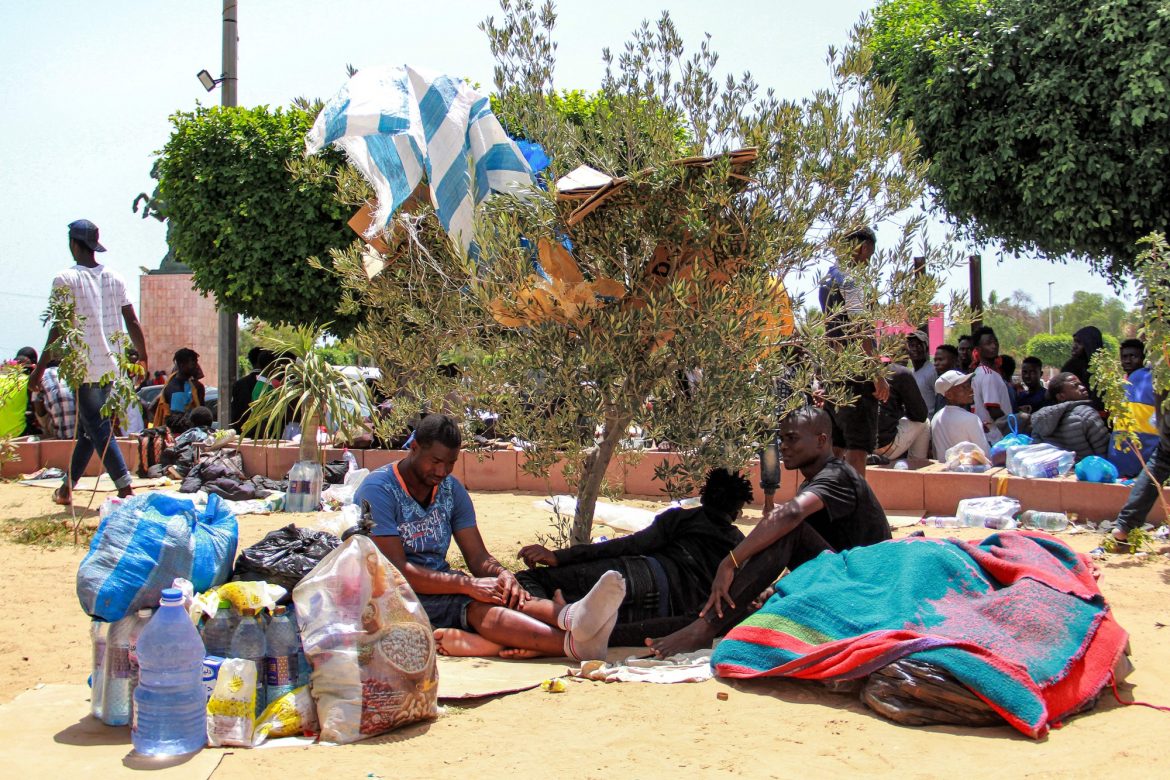A study has found that a searing heatwave that struck west Africa in February was made 4C hotter and 10 times more likely by human-caused global heating.
According to reports, the heat affected millions of people but the number of early deaths or cases of illness are unknown, due to a lack of reporting.
West Africa is said to be the world’s largest exporter of cocoa, and farmers said that the heat weakened their trees, which were already damaged from extreme rainfall in December. Prices for cocoa, the key ingredient in chocolate, have soared in recent years due to climate-related damage to the crops, and the latest heatwave adds further pressure.
The study which was conducted by the World Weather Attribution group of scientists, found that the heatwave would have happened less than once a century in a world without climate change. But instead it was a once-a-decade event, with an average of 1.2C of global heating over the last four years.
The scientists said that If emissions from burning fossil fuels are not rapidly reduced and global temperatures rise to 2C above pre-industrial levels, such heatwaves will occur every other year.
Read also: UN says women, girls suffer first when droughts hit poor and rural areas
The most severe heat occurred from 11 to 15 February, with temperatures peaking above 40C and averaging 36C. Humidity was also high, making it harder for people to cool down by sweating. The heat index, a measure combining temperature and humidity to reflect how heat feels, was 50C. “That is very dangerous for the human body,” said Izidine Pinto, of the Royal Netherlands Meteorological Institute.
Wasiu Adeniyi Ibrahim, of the Nigerian Meteorological Agency, said: “The February heatwave happened early in the year, meaning many people wouldn’t have been acclimatised to the heat. With every fraction of a degree of global warming, heatwaves like this will become even hotter.”
Globally, this February was the hottest February ever recorded, the ninth month in a row that such a record has been broken. Carbon emissions, which continue to rise, and the return of the El Niño phenomenon have driven the high temperatures.
Meteorological organisations in Nigeria and Ghana provided advance warnings about the heat but many of the other countries affected have not carried out planning for dangerous heat.
“Many people do not appreciate the dangers of heat [but high temperatures] are silent killers,” said Maja Vahlberg, of the Red Cross Red Crescent Climate Centre. “They can be incredibly deadly for the elderly, people with existing health conditions and outdoor workers. Roughly half of the west African population also lives in informal housing, rendering millions of people highly vulnerable to extreme heat.”
Story was adapted from the Guardian.
